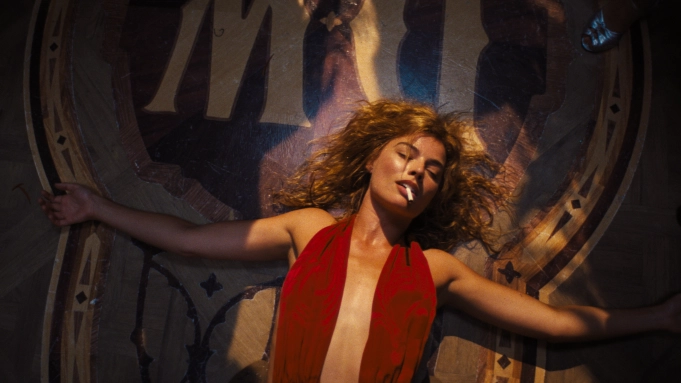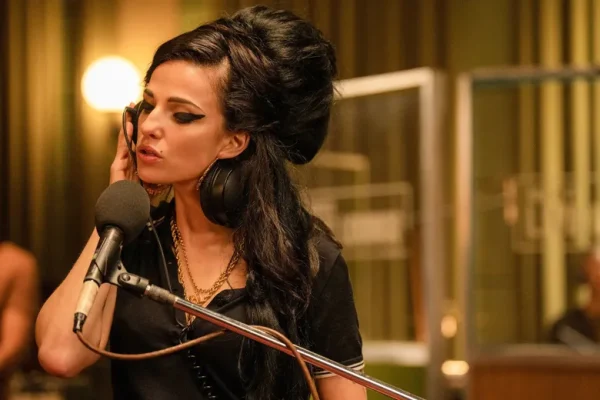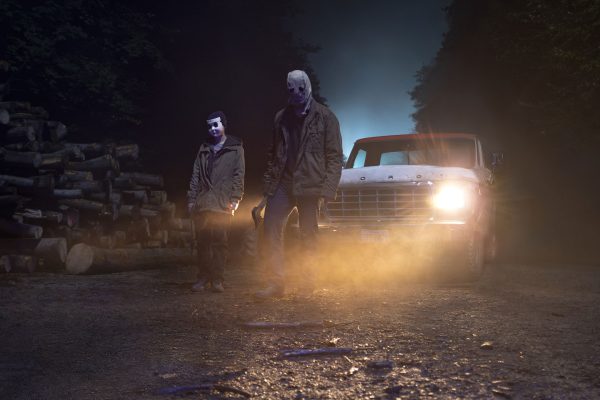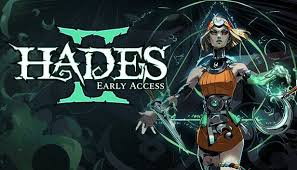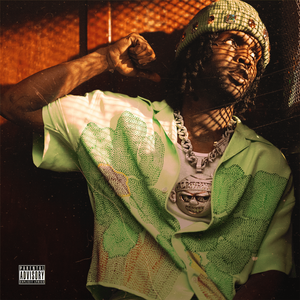‘Babylon’ blunders: brutally boring film bombs the box-office
Star-studded flop fails on all fronts
January 25, 2023
I spent three hours and nine minutes of my life watching the most boring yet filled-to-the-brim movie: “Babylon.” It was profound, yet pointless all the same. Starring many big-name, iconic actors, it surprised me that none of them actually gave a single worthwhile, interesting performance.
For a film seemingly chasing an Oscar, it’ll be lucky if Oscar the Grouch spares it from going in his trash heap. “Babylon” isn’t the worst movie ever, but in the moment, impatiently waiting for the credits to roll, it felt like it was. It’s the most unwatchable, repulsive and polarizing product of Hollywood I bore witness to in recent memory. I’m not upset I watched the movie, but would absolutely recommend not to see it anytime soon.
Directed by Damien Chazelle (of “La La Land” fame), “Babylon” follows Manny Torres (Diego Calva) on his showbiz journey, first starting as a nobody hoping for a future in directing as he slowly climbs the ranks of the film industry, the audience watching as he makes a huge transformation over the course of his career in 1920s-era Hollywood.
Some of Manny’s notable companions along the way include superstars Nellie LaRoy (Margot Robbie) and Jack Conrad (Brad Pitt), who each face innumerable challenges in their path as talkies take precedence over their silent-film fame. In a cameo appearance, Tobey Maguire briefly enters the fray of Manny’s turbulent hijinks as sketchy gambler James McKay.
One of the more taxing elements of the film is Chazelle’s intent focus on every terrible thing that happens in showbiz. Actors are portrayed as mistreated by studios, resorting to drug abuse, alcoholism, gambling, violence and suicide. So many of these issues complicating the characters throughout the movie are heavily exaggerated and portrayed in an excessively dramatic way. As characters go through terrible, grueling experiences during the film, Chazelle takes initiative to linger in uncomfortable scenes far longer than any viewer would want.
One such scene hinges around Nellie LaRoy shooting her first scene in a talkie. She has trouble standing under the microphone and saying her line at an audible volume, so the crew has to retake the shot. Then she says her line too loudly, and the crew has to retake the shot. So many times the shot was messed up from a minute error and had to be redone, I started to feel I was going insane. It’s not like it was a brief moment played for gags, this scene lasted upwards of half an hour and consisted solely of Margot Robbie messing up the take one way or another and the director channeling the audience’s building anger every time he repeats “Action!”
Eventually, the scene ends with a surprisingly dark revelation that wouldn’t be a joke’s punchline in another context, but with the sudden shock and release of audience hysteria combined, it felt like the whole theater burst into laughter at the moment. This same strange feeling echoed through to the end with awkwardly long scenes that overdramatized trivial things, where I realized at a point I was no longer laughing with the movie at intentionally humorous moments, but rather I was laughing at its clunky attempts at serious ones. I would expect this is one of the main points of contention within “Babylon” — some will love its over-the-top atmosphere and direction, but others, like me, will come to hate it.
I couldn’t bear the nonstop drama by the midpoint of the movie. It felt so excessive with its unrealistically gritty character portrayals and the oversaturation of drugs, sex and violence that I found myself checked out throughout the entire latter half. I couldn’t concentrate on the actors’ performances or the story at all, because I was completely desensitized by the point the story was actually starting to reach a destination.
Part of why it was so infuriating in the third act of the film was the tacked-on subplot surrounding Tobey Maguire’s James McKay being hugely overpromising in the trailers, and ending up under-delivering. I was extremely excited to see Tobey Maguire in “Babylon,” not realizing his appearance was just a very brief cameo right near the end.
I spent most of the movie wondering when Tobey Maguire’s character was going to factor into the story, but unfortunately his subplot is fairly irrelevant to the overarching story and does nothing but pad out the already long runtime. Though I found the subplot funnier than the rest of the movie, it detracted from everything else happening in the world of “Babylon” due to how sharp of a turn the plot takes once Maguire appears on-screen. Strange enough as it is to say it, I wish Tobey Maguire had never shown up at all due to how much his presence drags the plot.
Chazelle takes as much time as he wants in “Babylon,” to the detriment of viewers with the insane runtime. Before watching it, I heard large numbers would walk out of the theater during “Babylon,” but I didn’t truly understand it until I was sitting in the theater waiting for it to end. Chazelle insults his audience by wasting their time, above all else, especially considering it has no clear message. I did appreciate some of what “Babylon” had to offer in plot devices, character moments and settings, but overall these were all soured by the end when everything — even the things I appreciated — dragged on for far too long. It is so over-the-top in concept, criticizing Hollywood’s many faults, but ultimately Chazelle’s indecisiveness takes over by the end by cobbling together a haphazard exoneration of all of showbiz’s fundamental issues addressed in the film.
So what was the big takeaway after three hours of monotonous extremity? From my interpretation: “Showbiz is corrupt and actors are frequently mistreated horribly, but at least the movies are good.” Even in its core message “Babylon” fails to find any footing beyond surface-level shock value.
“Babylon:” ★★☆☆☆



